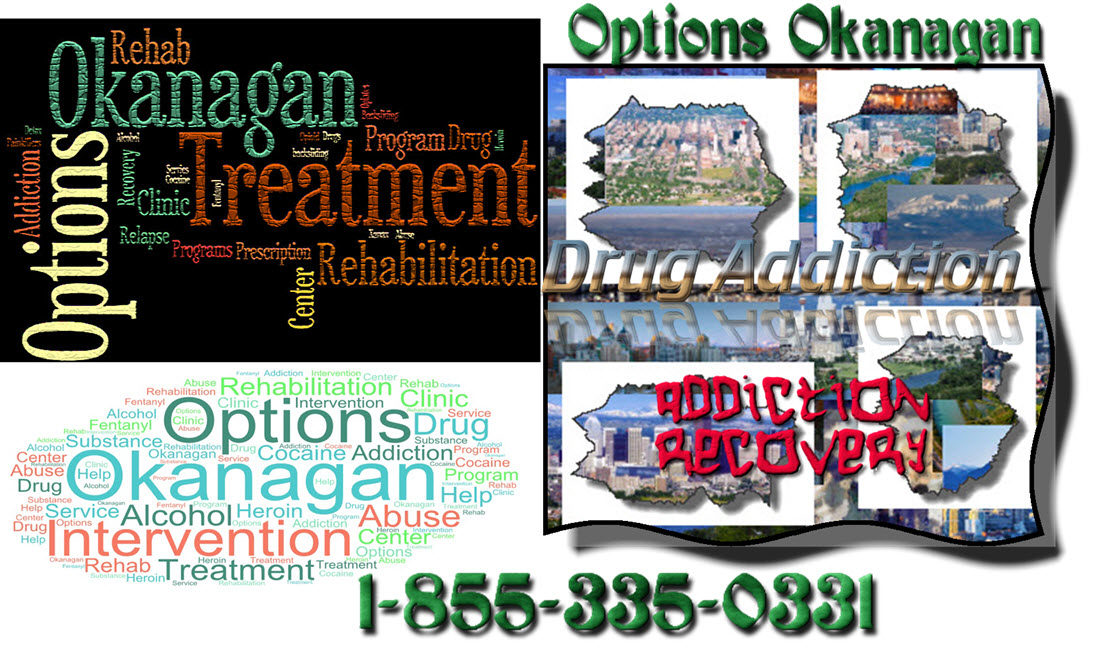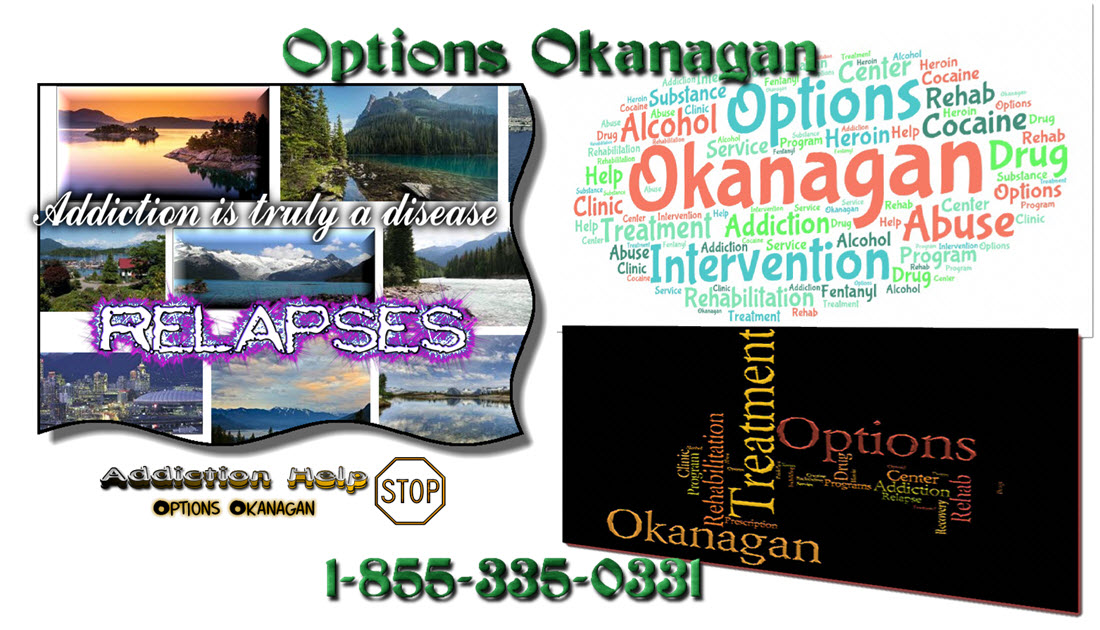The challenges of drug and alcohol relapses for women – Relapses are avoidable through aftercare in Alberta and British Columbia – Detox, Intervention, Rehab Treatment and Aftercare in BC and Alberta – Options Okanagan Treatment Centers in Kelowna, British Columbia treating drug, opiate, fentanyl, heroin and alcohol addiction and recovery.
Drug Opiate Rehab in Alberta And BC
Relapse Challenges for Women in Alberta and BC
Is drug and alcohol addiction an issue for men alone? That was the attitude which prevailed in the country for years and affected how treatment programs were developed. Drug and alcohol rehab programs were created with men in mind. This stereotype of addiction overlooks the fact there are over 3.2 million women battling addiction today.
Women and men are affected by addiction differently. Their actions and reactions to both their addiction and treatment are not the same. It takes a clear understanding of an individual in order to help them overcome their addiction and avoid relapse.
It starts with uncovering the reasons for abusing drugs or alcohol. It has been shown that women and men have very different reasons for using. Women face an added challenge, too. They become addicted quicker than men, and it requires lower amounts or drugs. Women relapse for different reasons than men, too.
A few of the most common reasons relapse include:
1.) Premature Romance: Jumping into a new relationship early in recovery can result is relapses. A new relationship causes emotions to become more intense. The mind is distracted from recovery because the new relationship is at the forefront of their thoughts. It is easy for a recovering addict to become involved with another addict or an abusive partner. A major university conducted research and discovered women are more likely to relapse due to interpersonal relationships and feeling of low self-esteem due to these relationships. It is important for women to develop new ways of coping with their lives before leaping into a new relationship which could cause them to lose control and relapse.
2.) Undiscovered issues with relationships, love, or sex addiction: Women frequently rely on their partner to provide them with a feeling of worthlessness, love, comfort, and company. Being alone may lead to overwhelming desires to start a relationship just to boost feelings of self-worth and acceptance. These urges may indicate an underlying problem. Sex and drugs are similar in how our body and mind react. They provide a reward to the brain and can stimulate our desire to fall back into old patterns of compulsions and addiction. Women often start using drugs or abusing alcohol, because they go where men hang out at bars, clubs, and parties. These places offer easy access to drugs and alcohol, plus peer pressure to use them. These influences distract women from their goal of recovery and lead them back into dysfunctional patterns. Relapse is almost inevitable when surrounded by drugs and alcohol.
3.) Undiagnosed Psychiatric Problems: Drug addiction and alcohol abuse often mask underlying problems with depression, anxiety disorders, and other mental health issues. When they stop using drugs or alcohol, their feeling of depression resurface. The negative feelings often cause women to relapse so they can slip away from the negativity and capture a few moments of happiness. Strangely, men react in an almost opposite manner. They are more likely to relapse when they feel positive and want to celebrate.
4.) Lack of Support and Social Humiliation: Women have different social values and expectations than men. Their role as a caregiver, feeling stigmatized by being an addict, feeling a lack of support from loved ones can lead to feelings of despair. Marital conflict and relationship issues put added pressure on women and can result in relapse. Married women relapse more frequently than unmarried women. Once again, this highlights the difference between men and women. Men are less likely to relapse if they are married or in a relationship.
5.) Weaker Coping Skills: Women tend to have a weaker belief in their ability to overcome adversity than men. They find it difficult to cope with major changes in their life.
Opioid Rehab in Alberta and BC
Preventing a Drug or Alcohol Relapse in Alberta and BC
The good news, many studies have shown women are not as likely to relapse as their male counterparts. They are more willing to engage in group counseling. They are willing to admit the need for help easier than men. They will seek professional help, while men put it off. These strengths increase their ability to have a successful long-term recovery without relapse.
Does relapse equal failure? It only indicates the journey to recovery continues. Long-term recovery from drug and alcohol addiction is possible, but sometimes there are bumps in the journey. You, and your family need to stay aware of the signs of relapse, so you can be proactive in continuing your treatment and recovery. You can achieve long-term sobriety. If you, or a family member, are ready to start on the road to recovery or are showing signs of relapse, call one of our addiction counselors to learn how you can start on the road to recovery.
Addiction – Alcohol Rehabs in Alberta and BC
Options Okanagan Opiate and Alcohol Treatment Centers in Kelowna, Salmon Arm and Vancouver, British Columbia – Men and Women are recovering and healing from Alcohol and Drug Abuse at our treatment center here in the Okanagan right now.
Relapses – Drug Rehabs in Alberta and BC
Our unique and distinctive Opiate Drug and Alcohol treatment program allows men and women to come in from Calgary as well as Edmonton as we offer airport pickup.
Numerous clients come to us from Vancouver, Calgary and Edmonton and other locations in Alberta and even other provinces for Opiate addiction treatment, heroin drug treatment, many other drug and alcohol addictions for rehabilitation because of the uniqueness of our treatment center.
Our Drug Treatment Location:
Options Okanagan Drug and Opiate Treatment Center
551 Sherrydale Crescent, Kelowna, British Columbia, V1V 2E6
Toll Free Phone Number : 1-855-335-0331



